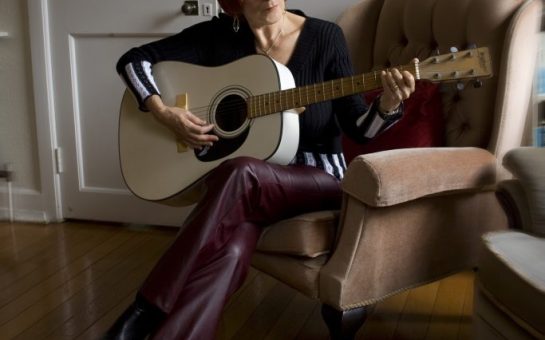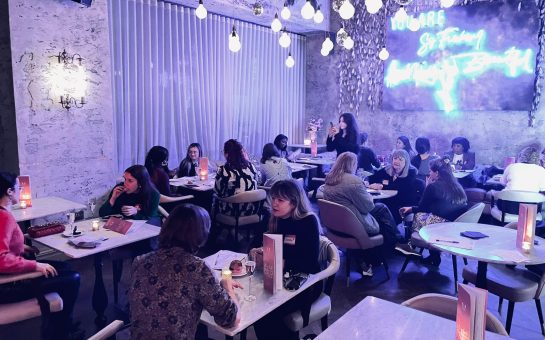Seven thousand people turned out at Heaton Park to raise a suspected £180,000 for the Alzheimer’s Society at the weekend.
The Greater Manchester Alzheimer’s Society organised the biggest Memory Walk in the country, which attracted 7,000 people who turned up in Saturday’s sunshine to show their support for helping those living with dementia.
Dementia is a condition that affects over 800,000 people in the UK, and is brought on by the effects of diseases, including Alzheimer’s.
In Greater Manchester around 30,000 people live with dementia.
#Alzheimers Society #Manchester #MemoryWalk tomorrow at Heaton Park – wonderful experience and so moving pic.twitter.com/OHQE50rJCx
— Inspired People (@50andoverM19) September 25, 2015
Dr Ann Johnson MBE, who has Alzheimer’s, but is still able to remain independent and act as an Ambassador for the Alzheimer’s Society was at the walk.
She described her experience of the changes the disease had brought to her life.
“It’s things like short-term memory, counting money, not being able to read a watch,” she told MM.
“It’s just day-to-day things like washing and dressing, simple things that people take for granted every day are a problem here.
“But you get round things the best you can and I have strategies in place to deal with things which is important to help me through things.”
Alongside Ann at the event, was the society’s Operational Manager Sue Clarke, who was moved by the amazing support.
She said: “The turnout was fantastic, the support has been incredible and the sun was shining!
“The day was quite emotional for Ann and I to see all of these people walking, for Ann, and for dementia, and to find a cure, ultimately.”
The memory tree at Heaton park. #MemoryWalk pic.twitter.com/jhDY4IsbPs
— GMP Plod-Cast (@mike13380) September 27, 2014
Finding a cure for dementia, aside from the support services they offer, is a top priority for the Alzheimer’s Society, whose slogan ‘a world without dementia’, was visible on the t-shirts of those participating in the walk.
Sue explained: “Research funding is key because there is no cure currently, and without the research and the backing of the government who are now pledging more, we won’t find one, so more and more is needed.
“Only a tiny percentage of the money that is put into cancer research is put into dementia research and support so we’ve got to even that balance up.”
Part of evening that balance is to spread awareness of the condition, another of the organisation’s goals.
Regional Community Fundraiser Stephanie Larkin said: “I think dementia’s just one of those things that I think people need to become more aware of nowadays, and be more dementia-friendly so that we can help those with dementia to live well.
“It’s good that there’s lots of news coverage on it, and that’s the awareness that we want.
“They definitely need more money into research, because even though it’s progressing and were finding new things, there’s still loads more that we don’t know about dementia, which we need to know so that we can help people.”
Such a heart warming morning at heaton park manchester. Well done evryone who has joined in this walk. #MemoryWalk pic.twitter.com/qCbs4zC7Aj
— claire france (@angrykidclf) September 26, 2015
Sue Clarke described the support offered by the Alzheimer’s Society to both people with dementia as well their families and carers.
She said: “We have lots of ways people can access support for carers and people with dementia; such as one to one support, befriending schemes, support groups and dementia cafes.”
Angela Payne, a support worker in Stockport, spoke further about the services offered by the society.
“A lot of things revolve around adjusting to changes to the person with dementia and helping the carer to talk about ways in which they can adapt to that and access support,” she added.
“We also help people to still do some of their things independently, by using Helpcards, for example, which carry personal information on, so should they go out and get lost they can refer to that.
“People in the communities are also beginning to recognise these cards so they can help somebody if they are looking confused, and have somebody to contact, so people can remain independent.
“Support like this means that if they’ve been involved in something they’ve always been involved in, to help them continue, and letting people know they might need a little help but that it doesn’t mean they have to stop what they’re doing.”
5000 people in Heaton Park Manchester all remembering loved ones @alzheimerssoc #MemoryWalk pic.twitter.com/imNs4Zllxy
— Mark Lawrinson (@marklawrinson) September 26, 2015
She also spoke of the importance of the Memory Walk for those whose lives are affected by the condition.
She told MM: “Lots of families are here supporting people that are living with dementia, and people that they’ve lost to dementia, so it’s a chance for them to bring dementia to the forefront of day to day life and to still remember the person and not just the disease.”
The event in Manchester, like those across the country, will help bring people who have been affected by dementia and raise money to provide more support and research into dementia.
Donations to the Alzheimer’s Society can be made here, and those who need to access support can contact the National Dementia Helpline on 0300 222 11 22.



